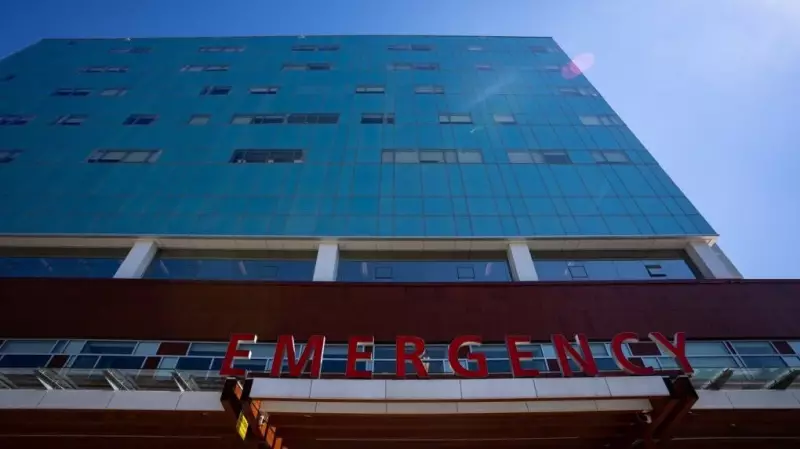
Surrey Memorial Hospital is grappling with a disturbing trend: a sharp increase in emergency calls known as 'Code White' incidents. These codes are activated in response to aggressive or violent behaviour, posing a significant risk to the safety of healthcare workers, patients, and visitors.
What a 'Code White' Actually Means
A 'Code White' is a standardized hospital emergency alert. It is specifically used to summon an immediate and trained response team to de-escalate a situation involving a person exhibiting violent, aggressive, or out-of-control behaviour. This is distinct from other medical codes, such as those for cardiac arrest, and highlights the growing challenge of violence within healthcare settings.
The rise in these incidents at Surrey Memorial Hospital points to a broader, systemic pressure on the healthcare system. Overcrowding in emergency departments, long wait times, and the complex needs of patients, including those experiencing mental health crises or substance use issues, are often cited as contributing factors to these volatile situations.
The Impact on Healthcare Workers and Patient Care
Frequent 'Code White' calls have a profound effect on the hospital environment. For frontline staff, including nurses, doctors, and support personnel, it creates an atmosphere of heightened anxiety and risk. The physical and psychological toll can lead to burnout, stress-related leave, and challenges in recruiting and retaining skilled healthcare professionals.
Beyond staff safety, these incidents also compromise patient care. When a 'Code White' is called, resources are diverted from other patients to manage the crisis. This can lead to delays in treatment and disrupts the calm, healing environment that all patients deserve.
A Call for Systemic Solutions
The increasing frequency of these emergencies at Surrey Memorial is not an isolated problem but a symptom of a strained system. Addressing it requires a multi-faceted approach. Potential solutions being discussed include enhanced security protocols, increased investment in mental health services within the hospital, and specialized de-escalation training for all staff.
The situation at Surrey Memorial Hospital serves as a critical reminder of the need to ensure that hospitals remain safe places for healing, for both those who receive care and those who provide it.






